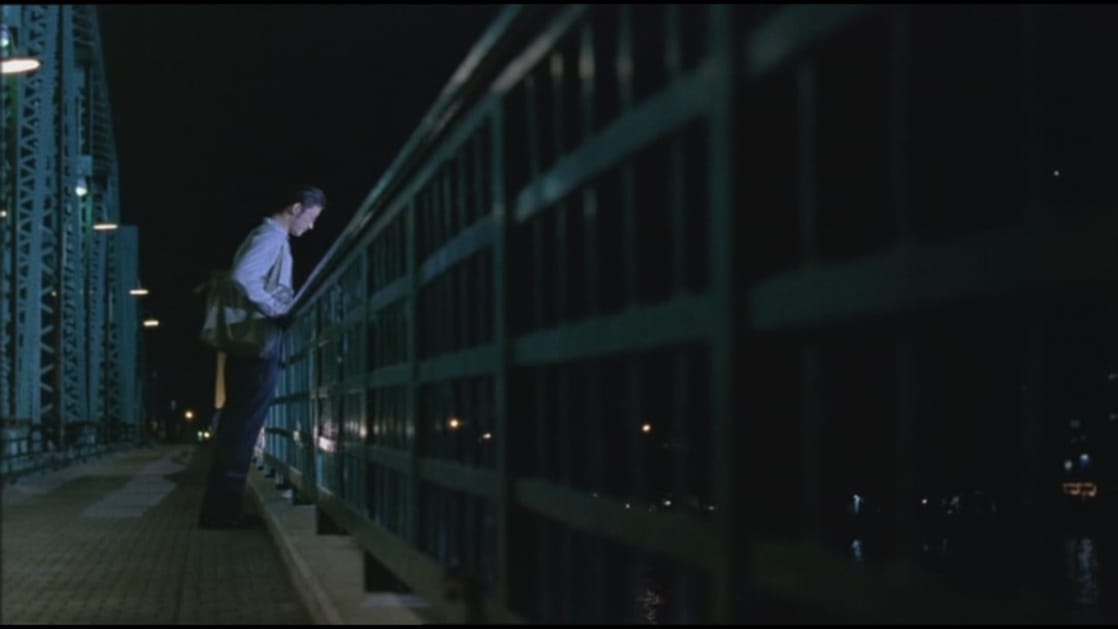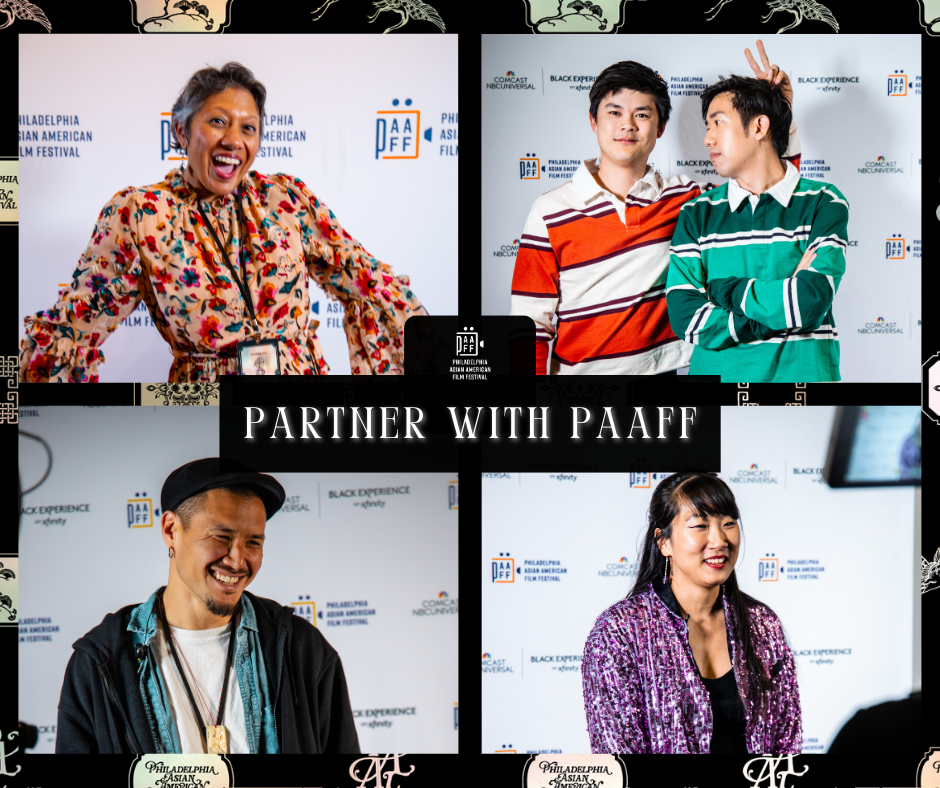The unborn and the deceased, are they the same?
In Last Life in the Universe, we take a glimpse of the globalization in Asia – even loneliness started becoming borderless in the early 2000s. Tsia Ming-liang’s What Time Is It There (2001) presents a timezone-agnostic alienation; at the same token but probably a different section on the spectrum, Pen-ek Ratanaruang ends Last Life in the Universe with a brighter tone – if you find what is shown in the finale reliable.

photo credit: Last Life in the Universe
We are introduced to Kenji, played by Tadanobu Asano, when he attempts suicide. As a Japanese librarian based in Thailand, Kenji is surrounded by books, organized and coded for sorting purposes – an ideal image of what people think history should be. During the late 1990s and the early 2000s, Thailand went through the Asian Financial Crisis and political instability. With the political power shifts and the country decentralized, there were rapid population mobility and changes worldwide, affecting interpersonal relationships. Kenji encounters Nid (Laila Boonyasak) and Noi, two Thai sisters, after the former is killed by a rushing car. Nid is fixated, and then gets bumped by a vehicle, when she sees Kenji try to jump off the bridge as if that is her ultimate dream.
photo credit: Last Life in the Universe
“The lizard wakes up and finds that he is the last lizard alive. His family and friends are all gone. Those he didn’t like, those who picked on him in school, are also gone. The lizard is all alone. He misses his family and friends. Even his enemies. It’s better being with your enemies than being alone. That’s what he thought. Staring at the sunset, he thinks: what is the point in living, if I don’t have anyone to talk to? But even that thought doesn’t mean anything, when you’re the last lizard.”
Sexual desire and defecation are both expressions of the longing to survive in Last Life in the Universe. Nid serves as a uniformed hostess in the sex industry, and her customers stand in stark contrast to Kenji, who remains indifferent to the teasing and invitations from his female colleagues at the library. This only changed when Kenji and Noi started living together at Noi’s family house after Nid died – one night, Kenji fell asleep on the couch and had a wet dream. Pen-ek pushed this even further at the end of the film, with the Yakuza gangsters (played by Sakichi Sato) breaking into Kenji’s apartment. However, for Kenji, the immediate priority was not escaping, but rather finishing shitting on the toilet.
While some might see this as an exaggerated subtle detail that Pen-ek embellishes in the final scene, it effectively emphasizes what modernity has done to our bodies and mentality. Uninterrupted external activities continue to disrupt one’ s life, moments such as suicide (Kenji was interrupt by his brother), reading on the bus (at the beginning of the film, Kenji opens a picture book to read, while an elderly passenger keeps asking him if he is Japanese), and even the time spent on the toilet. This is a contradictory process: we leverage modernization and internationalization to get to know people across geographical boundaries, yet we cannot fully control our own bodies and free will.

photo credit: Last Life in the Universe
Pen-ek has always excelled at collaborating with actors and artists from different countries in Asia. From cinematographer Christopher Doyle, Hong Kong actor Eric Tsang, Korean actress Kang Hye-jung to Japanese director Takashi Miike, Pen-ek’s creation of a Pan-Asian worldview is not just a concrete expression of Asian globalization but also an inspiration for cross-border cooperation in today’s film industry. In an interview with Asian Movie Pulse, Pen-ek once mentioned, “ […] one consistent issue throughout my films is human relationships. It is something I always have an interest in.” It seems that Pen-ek has found the common denominator that transcends language and culture — or even life and death.
Last Life in the Universe is part of PAAFF’s 2024 Film Club watch-list. Sign up for Film Club here.



